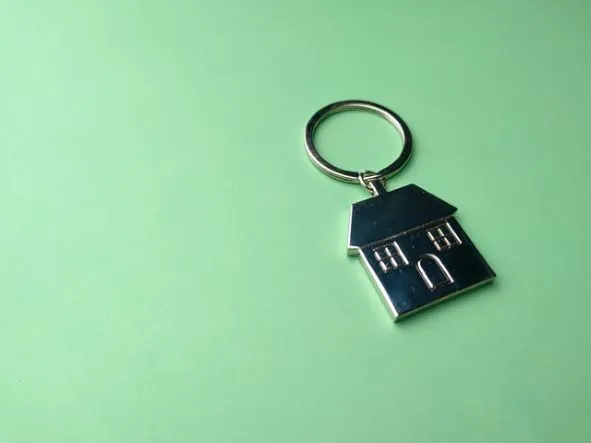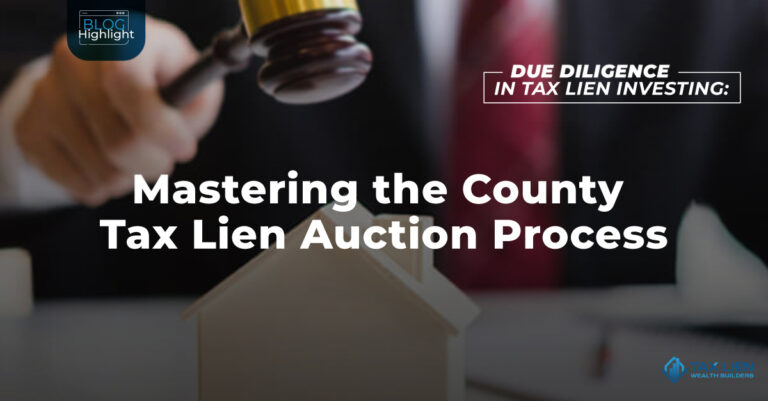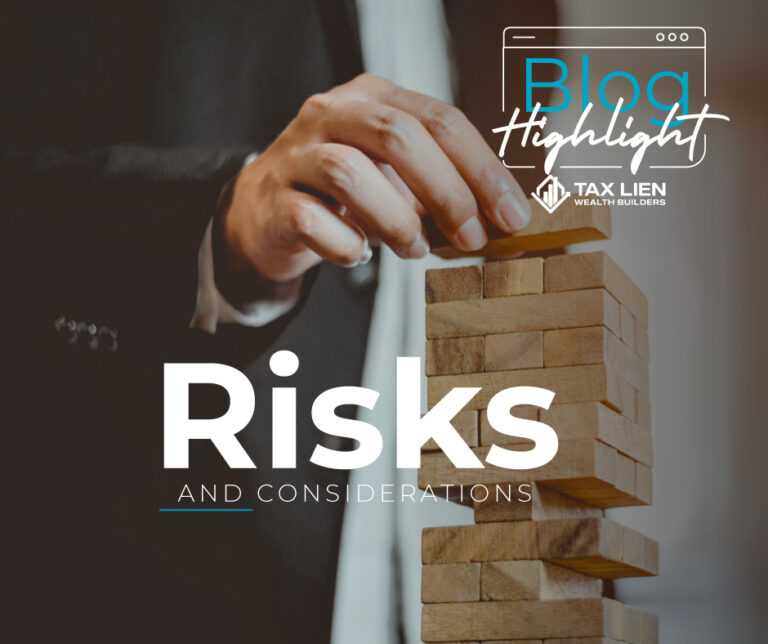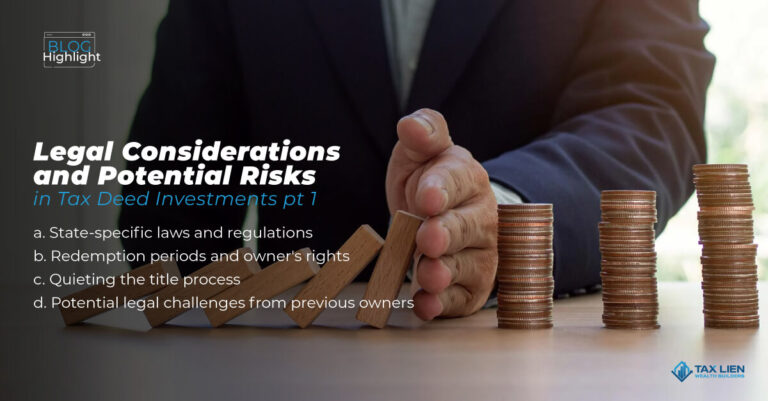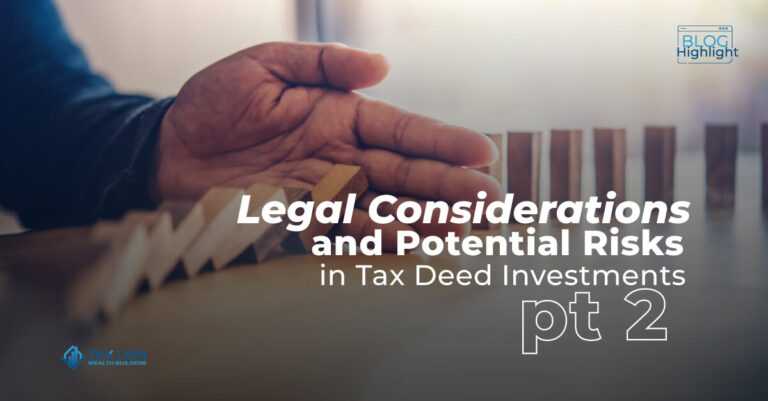Rental Properties and Tax Liability
Owning rental properties can be a great way to make money. However, it’s not for everyone. You need patience and discipline when you’re running rental properties to ensure that the tax deductions and tax breaks are taken advantage of in order to maximize your rental income.
As a rental property owner, there are several tax deductions and other benefits that can help you save money on your taxes. For example, the interest on your mortgage is often tax deductible, as are any maintenance or repair costs for the property. Additionally, if you rent out a portion of your home (such as an extra room or basement), you may be able to claim a rental tax deduction based on that income.
It’s also important to note that rental properties have their own unique set of rules, rental tax deductions and rental property losses. The IRS offers a number of rental property tax deductions that can really help your bottom line if you know how to take advantage of them. Rental properties also have the potential to generate a significant amount of rental income, which can be a great help in offsetting any mortgage or other debts you may have on the property. Overall, being a rental property owner can be a very profitable venture if you know how to play your cards right.
Some of the most important rental property tax deductions include mortgage interest and real estate taxes. For instance, if you have a mortgage on your rental property, any interest that you pay on this loan can be deducted from your taxable income, reducing your overall tax liability. Similarly, real estate taxes are also deductible in most cases, making it easier to recoup some of the costs associated with owning a rental property.
In addition to these standard tax deductions for rental properties, there are also other strategies that can help maximize the profitability of your rentals. For example, one popular strategy is to depreciate your rental properties over time. This essentially means that you take an annual deduction based on the value of the property and its estimated useful life. This can be a great way to reduce your taxable income and make your rental properties more affordable in the long run.
Of course, it’s important to keep in mind that rental properties also come with a number of risks and challenges. For instance, if you don’t manage your property properly, you could end up with expensive repairs or even legal problems. Additionally, the volatility of the real estate market can make it difficult to predict how much rental income you’ll actually receive. Nevertheless, if you’re willing to take on these challenges, owning rental property can be a very profitable venture. So if you’re ready to start building your portfolio of rental properties today, make sure you do your research and plan carefully to ensure the most success.
Of course, there are also some potential downsides to owning rental properties. It can be difficult to find good tenants who pay their rent on time, and managing issues such as repairs or lease agreements can be time-consuming and complicated. However, with proper planning and management skills, owning rental properties can be a great way to generate a steady stream of income. So if you’re patient, disciplined, and willing to put in the work necessary to succeed, rental properties could be the perfect investment for you!
You can learn more from our free and informative workshops. Join us: https://www.tlwbevents.com/workshop

